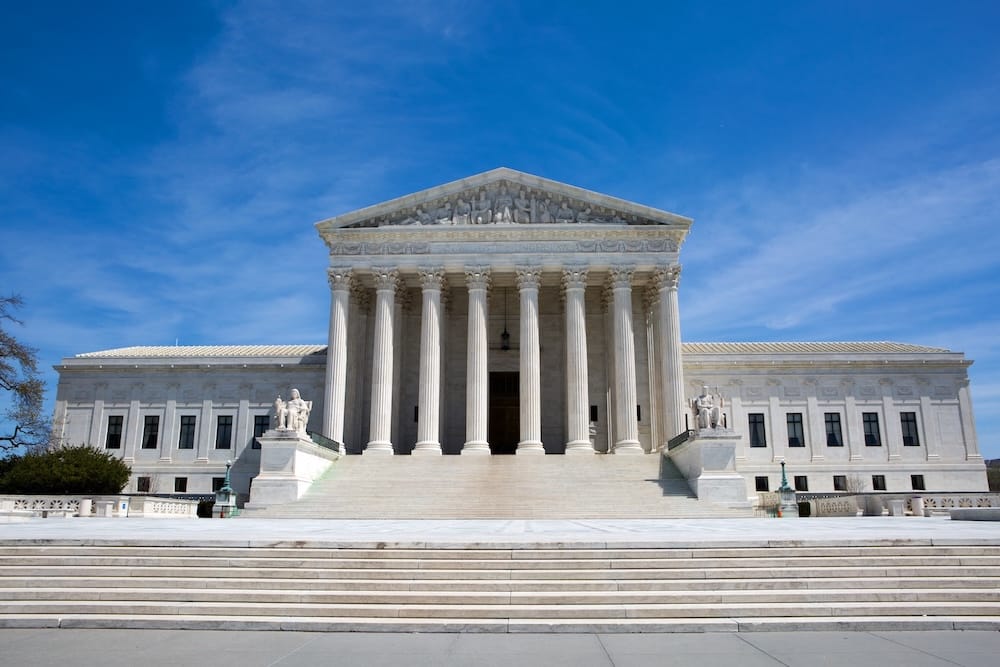

Supreme Court Grants Temporary Stay in FTC Firing Case
On September 8, the Supreme Court issued a temporary administrative stay, allowing President Donald J. Trump to remove Federal Trade Commission (FTC) member Rebecca Slaughter from her position for the time being. This decision, handled by Chief Justice John Roberts, pauses a prior ruling by U.S. District Judge Loren L. AliKhan on July 17, which had declared Slaughter's termination illegal. The stay provides the justices additional time to review the Trump administration's emergency request to fire Slaughter, who has served on the FTC since 2018.
Slaughter, previously chief counsel to Sen. Chuck Schumer, was initially appointed to the FTC by President Trump to a seat reserved for Democrats. She was later reappointed by President Joe Biden in 2023. The administration's move to terminate her has sparked a legal battle over the extent of presidential authority to remove members of independent federal agencies like the FTC.
Legal Background and Precedent at Stake
The case ties into a broader challenge to a 1935 Supreme Court precedent known as Humphrey's Executor, which limits the president's power to remove leaders of certain regulatory agencies without cause. Earlier this year, in March, President Trump removed Slaughter and another Democratic commissioner from their posts at the FTC. A federal appeals court, in a 2-1 ruling by a D.C. Circuit panel on September 2, ordered Slaughter reinstated, prompting the administration to seek emergency relief from the Supreme Court.
The temporary stay issued by Chief Justice Roberts is seen as a step toward potentially revisiting this landmark ruling on executive power. The administration argues that such independent boards act without sufficient accountability, and this case could redefine the balance of authority between the president and regulatory agencies.
Implications for Federal Agency Independence
This legal development represents a significant moment for the Trump administration's efforts to extend control over independent federal agencies. The outcome of the Supreme Court's full review could have lasting effects on how much power the president holds over appointments and removals within such bodies. For now, the administrative stay offers a temporary victory for the administration as it continues to push for greater oversight of these entities.
Dues are $12 per year. Member benefits:
✅ Ad-Free Website Viewing
✅ Advocacy for Republican Seniors
✅ 120+ Senior Discounts
✅ Member Only Newsletters